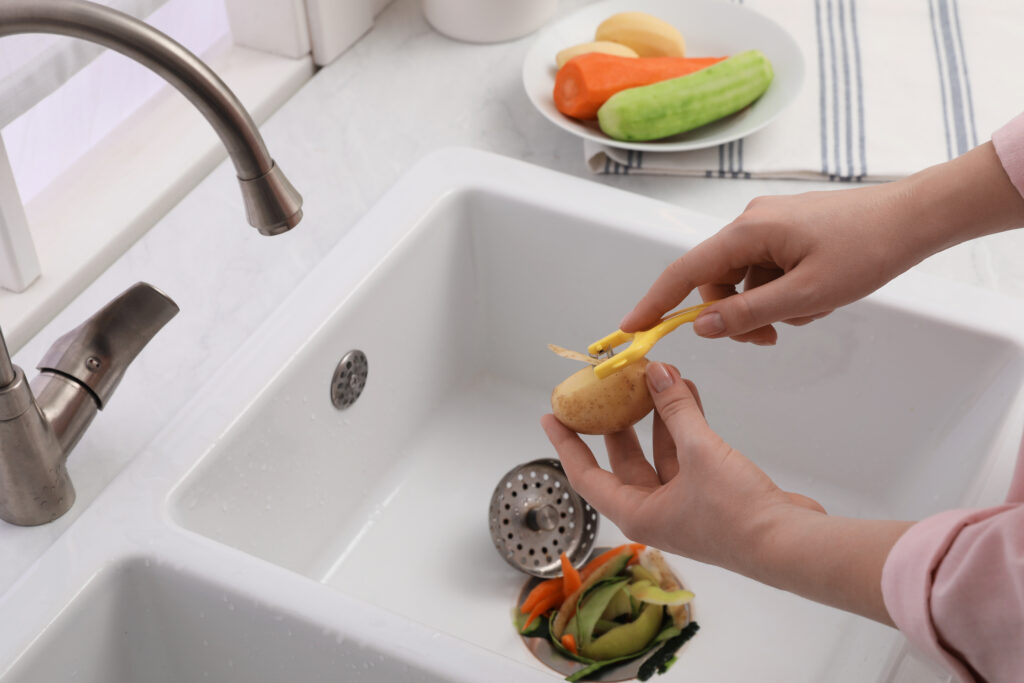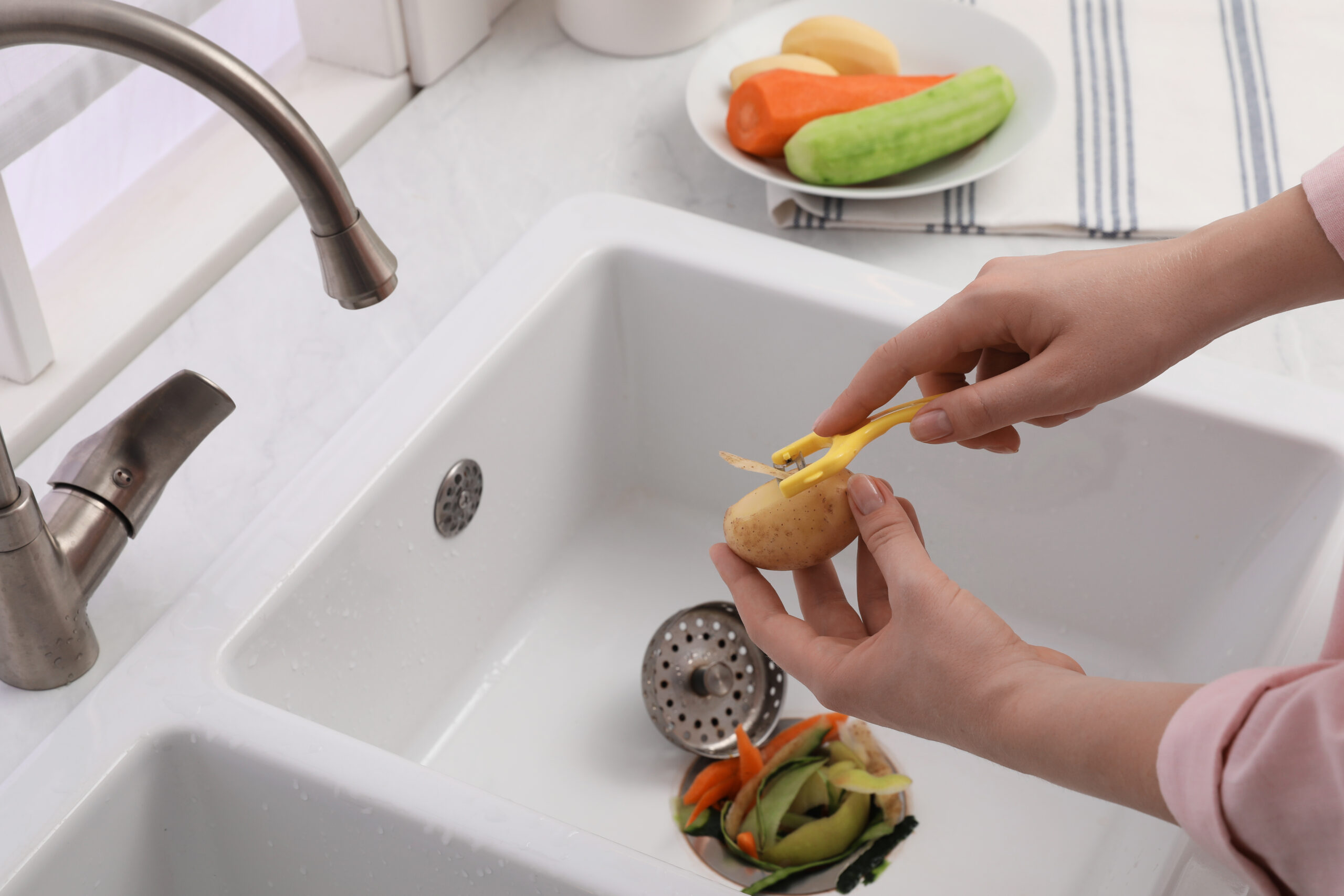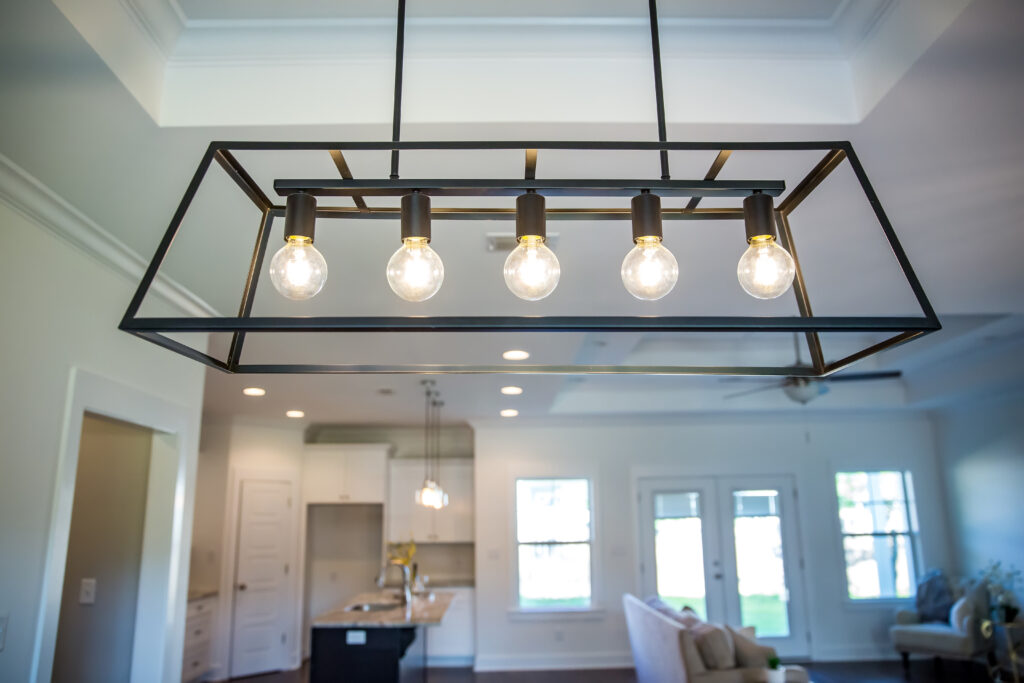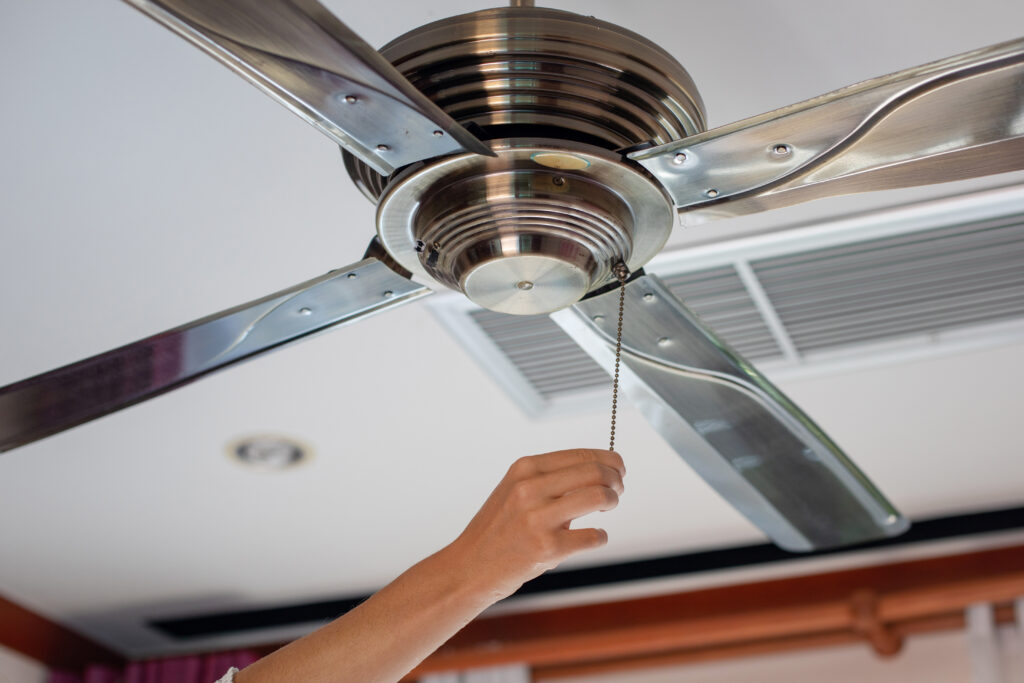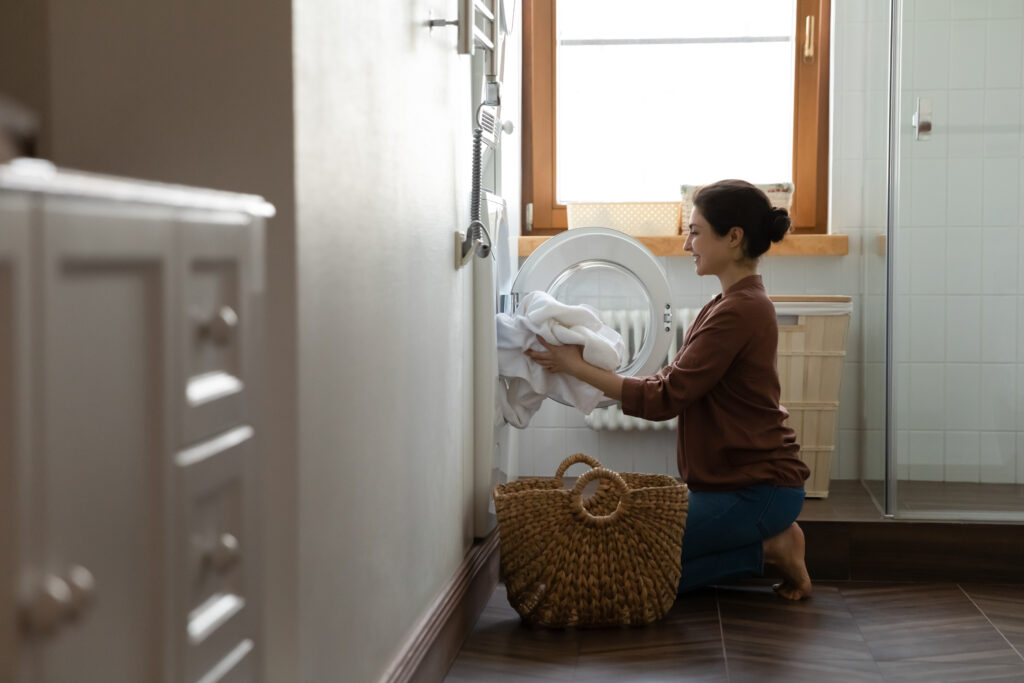Is a Garbage Disposal Necessary? A Homeowner’s Guide to the Pros, Cons, and Warranty Considerations
Right off the bat, let’s be honest—garbage disposals are one of those home features you might not think about, until one day you’re staring down a clogged kitchen sink, wondering if your life would be significantly better if that noisy little appliance were spinning away beneath your counter. Whether you’re buying a new home, upgrading your kitchen, or evaluating your home warranty coverage, it helps to know how garbage disposals actually work, why they can be useful, and when they become more headache than help. And yeah, we’re going there—warranties, repair costs, and all the ownership nitty-gritty… because you deserve to know whether this thing is really pulling its weight.
What Is a Garbage Disposal and How Does It Work?
A garbage disposal is a motorized appliance installed under your kitchen sink. It’s typically connected between the sink drain and the trap. Its job is to grind up food scraps into small enough particles to wash away through your plumbing system—kind of like a blender for waste, but without the fruity smoothies. You flip a switch, the motor spins a set of impellers (not blades, fun fact), and the contents get pulverized into fine bits that flow down the drain. Simple enough. Most disposals are powered by electricity and range from 1/3 HP to 1 HP in power, which determines how finely the food gets ground and what types of materials it can handle.
The Perks: Why Homeowners Like Having a Garbage Disposal
Okay, so let’s talk benefits. The first thing you’ll hear from owners is the convenience—no more scraping food bits into the trash. It speeds up post-dinner cleanup and helps reduce odors in your garbage bin. Bonus: by sending biodegradable scraps through your plumbing, you produce less landfill waste. This contributes, even if ever so slightly, to a more eco-conscious household. It’s also about futureproofing your kitchen. If you plan to rent or sell your home, a garbage disposal is often an expected feature, especially in newer or updated homes. And let’s be real, once you get used to it, tossing peels and leftovers down the sink versus the trash just feels… cleaner.
The Not-So-Fun Stuff: Drawbacks and Common Annoyances
Now, on the other hand, these things aren’t perfect. They can clog your pipes, especially if someone gets a little wild tossing in things like fibrous vegetables, coffee grounds, or pasta (seriously, don’t do it). Over time, they wear out, and when they do, it’s not always obvious to the untrained eye. You might hear grinding noises, smell bad odors, or see standing water in the sink. That’s your garbage disposal crying out for a little TLC—or possibly a replacement. And then there’s the noise; some models sound like you’ve turned on a lawnmower in your kitchen. Plus, if installed improperly, they can leak and cause water damage under the sink, which is sneakily expensive to repair.
Is It Really Necessary? Or Just “Nice to Have”?
This part depends a lot on your lifestyle. If you cook a lot, compost isn’t an option, and you hate scraping plates, then yes, a garbage disposal might feel essential to you. If, however, you’re more of a takeout connoisseur or dealing with older plumbing, you might prefer to skip it or avoid using one aggressively. Plenty of households function just fine without a disposal, especially in areas with aging municipal sewer systems that might struggle with food waste. In short: it’s not a “must-have”—but for many, it’s close. And let’s not forget availability of a home warranty that covers the appliance can tip the scale from “ehh” to “heck yes.”
Garbage Disposals and Home Warranty Coverage: What You Need to Know
Here’s where things get practical—should your garbage disposal fail (and trust us, it probably will at some point), do you have coverage through your home warranty? Some warranties include it by default under kitchen appliance coverage, others charge extra. Either way, knowing where your coverage stands can save you an unexpected $200–$600 replacement cost. And not to get too deep into the weeds, but make sure you’re using it correctly. Improper use can void a warranty claim faster than you can say “potato peels.” Home service providers don’t love repairing disposals ruined by cutlery, bottle caps, or eggshell overload. So read the fine print or, better yet, go with a provider that makes it easy to understand what’s covered.
Simple Tips to Make Your Garbage Disposal Last Longer
If you already own one—or you’re installing one soon—basic care goes a long way. Always run cold water when using the unit to help solidify oils and carry debris away. Avoid hard or stringy waste (think bones, corn husks, celery), and never use harsh chemical drain cleaners. When in doubt, toss it in the trash. You can freshen the unit naturally with ice cubes and citrus peels; they clean the impellers and clear out odors. Try to keep metal objects far, far away. That spoon that *somehow* always ends up down there? It’s not the disposal’s friend. And regular use is actually good; it keeps everything from rusting or seizing up. Think of it as exercise—for your kitchen’s machinery.
Why Armadillo Is the Smart Move for Disposal Coverage
So, here’s the bottom line: garbage disposals sit right at the intersection of convenience and complexity. They’re helpful, sometimes finicky, and often overlooked—until something goes wrong. That’s why having a clear, flexible, and modern home warranty in place can make all the difference. Armadillo makes it super easy to understand what’s covered, including garbage disposals. Our plans are built with real life in mind (messy kitchens and late-night clog emergencies included). With customizable plan options and lightning-fast online claim submissions, we’re here to make homeownership a little simpler and way less stressful. Curious what that looks like? Head over to our homepage at Armadillo.one or start building your personalized home warranty plan in just minutes at our plan builder. We’re here to help—no nonsense, no surprises, and definitely no more post-dinner sink disasters.
















